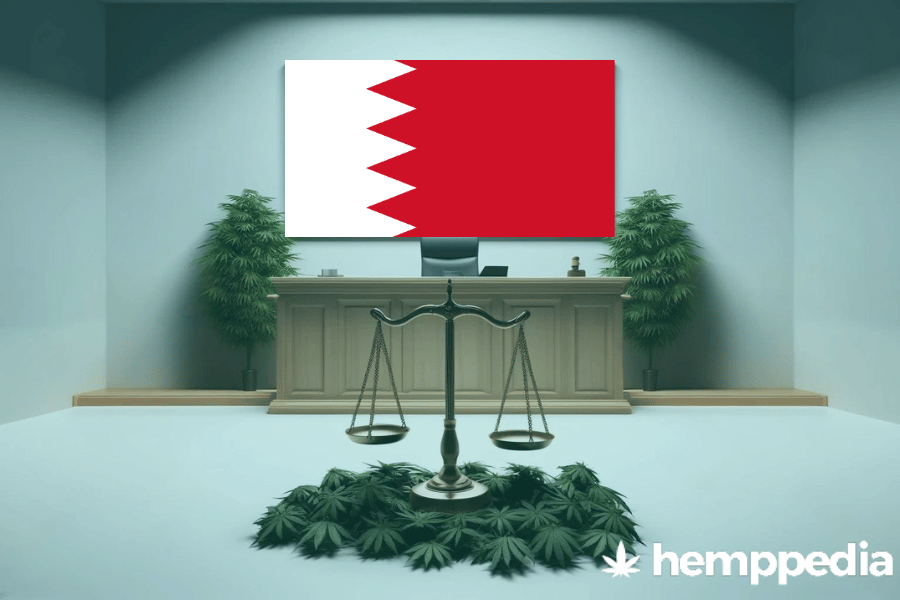INTRODUCTION
TL;DR
The legal status of CBD in Bahrain is quite restricted, with strict regulations on its use. While CBD itself is not prohibited, its use is generally controlled and it is not freely available to purchase as a consumer product. The scene is still evolving emanating from the global trend towards CBD regulation and some areas of legal ambiguity.
THE LEGAL STATUS OF CBD IN BAHRAIN
Summary
- CBD use: Restricted
- Production of CBD: Not legal
- Sale and Distribution: Not legal
- Import and Export: Not allowed
CBD
CBD, or cannabidiol, is one of the key components found in cannabis. It is non-psychoactive, differentiating it from THC, some other forms of cannabis which is known for delivering the ‘high’ associated with marijuana use. Instead, CBD has a range of potential therapeutic benefits, including pain relief and anxiety reduction.
Global Trends
Around the world, attitudes towards CBD are changing. Many countries are starting to see it as a valuable addition to healthcare regimes, recognizing its non-psychoactive nature and potential health benefits.’
OVERVIEW OF CBD LEGISLATION IN BAHRAIN
In Bahrain, the use of cannabis in any form, including CBD, is heavily regulated.
Legal Status
In spite of CBD’s therapeutic benefits, it is typically grouped with other forms of cannabis and controlled under Bahrain’s drug laws. In the Controlled Substances Act, CBD is classified under schedule I substances, the same category as marijuana and hemp-containing more than 0.3% THC.
Regulatory Bodies
The Bahrain National Health Regulatory Authority (NHRA) is the main government agency that regulates the sale, use, and possession of CBD products in Bahrain.
Conditions and Restrictions
The NHRA restrictions on CBD are stringent, with regards to THC content limits and types of products allowed. CBD products must be THC-free and are generally only approved for medical use, with prescription.
HISTORICAL CONTEXT
The Kingdom of Bahrain has maintained strict policies against all forms of cannabis, including CBD, even though worldwide views have begun to shift towards the acceptance of CBD products. These policies have little fluctuation over time.
POSSESSION, USE, CULTIVATION, AND SALES
Across the board, Bahrain’s regulations surrounding possession, use, and sales of CBD are tight. Sale and distribution and import of CBD products for general use are not legal. Even the cultivation of hemp for CBD production is banned.
Enforcement and Penalties
Enforcement is strict and penalties for non-compliance can be severe, including fines and incarceration. The severity of penalties reflects the government’s commitment to controlling the use of all cannabis-related products within the Kingdom.
COMPARATIVE ANALYSIS
Compared to the global trends leaning towards the acceptance of CBD, Bahrain stands as an outlier with its rigid laws. Even neighboring countries like Lebanon and the United Arab Emirates are softening their stance on CBD.
CONCLUSION
Whilst hoping for a more liberal perspective towards CBD in Bahrain, there still persists a rigid legal framework that revolves around caution and control. The future, however, is unpredictable given the increasing acceptance of CBD for its therapeutic uses globally.





